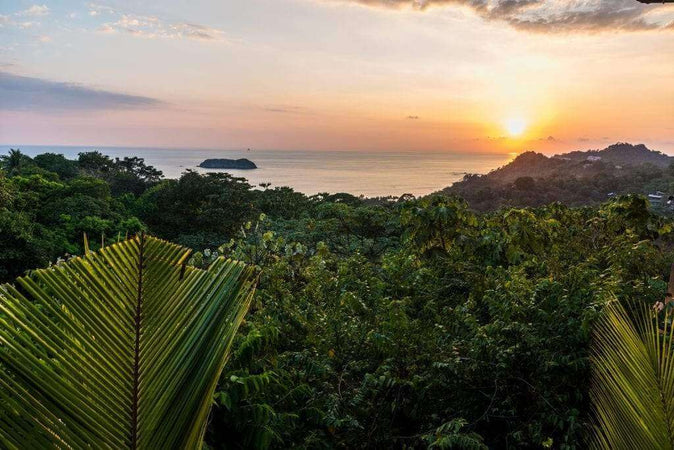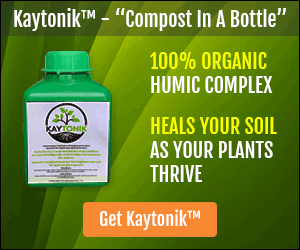There is a short video out by the tourism ministry of Costa Rica. It illustrates their newly implemented airport safety regulations for COVID-19 public security.
It shows how they clean the airport, the carpets are sanitizing, they spray the air, they spray all the furniture, and wash surface counters and guard rales, people might touch as they enter. The video shows people in masks using sanitary devices that check boarding pass, and the glass windows that protect person to person contact, while assuring social distance regulations. It appeared to be a sterile environment that even Howard Hughes would have approved.
Costa Rica’s customary greeting is “Pura Vida”, meaning pure life. The countryside is lush with vegetation, the majestic African Palm, verdant acres of land, with mineral rich soil. The wonderful black volcanic sands kissed beaches of the Pacific Ocean, are breathtaking. Walking in the forests is therapy. Sharing a banana with a little capuchin monkey, are priceless moments.
I could sit out in the open at Liberia Airport sipping a coffee only a few meters away from the tarmac watching the graceful ballet of the aircrafts coming in and taking off, now all changed by the new social norm for stringent sanitary measures.
Then my thoughts lingered to what my professor once said in class: “Some people have more issues from being too clean”. Most definitely in the case of Howard Hughes, and the video of the Airport lends new meaning to the pure life.
This article talks about biodiversity, our soil helps strengthen our natural immunity. Humanity evolved with microscopic bacteria which helped to condition our natural immunity. To restrict this exposure to our natural world weakens the human system leaving it more vulnerable to greater harmful pathogens.
There is evidence that back’s up the direct contribution of soil to human health, says Scientist Sophie Zechmeister- Boltenstern, who is the head of the Soil Research Institute at the university of Natural Resources and Life Sciences, in Vienna (BOKU). Biodiversity adds to the resilience and resistance against pathogens.
Boltenstern also did mention that the biodiversity in the world’s soils is declining, therefore even people that spend time in nature are not getting exposed to as many of the good bugs as they did in the past. She and her colleagues also observed that the human gut microbiome is decreasing alongside this loss of biodiversity. This intern contributes to diseases such as IBD. Good soil is important to healthy immunity and it’s beneficial to maintain a healthy gut microbiome.
In 2015, an estimated 3.1 % (3 million) U.S adults in the United States received a diagnosis of IBD, (either Crohn’s disease or ulcerative colitis).
- CDC Data Statistics
Crohn's disease may affect as many as 780,000 Americans, and increasing.
- Crohn's & Colitis Foundation
A study out of Finland compared the youth of the Finnish side of North Karelia, with those living on the Russian rural side of Karelia, to observe the children living beside each other had different skin, and nose microbiotas. The urban side of the Finnish children suffered more allergies while the rural country kids did not.
Immunologists found that the difference emanated from the fact that the country children were naturally exposed to helpful environmental microbes keeping them strong, while the city children did not indulge in this luxury, thus developing allergies.
In 2011 it cost Finland 1.6 billion euros in asthma, allergies, and workman disability, so they shifted their attention to a more preventative program that emphasizes the connection with the natural environment. The direct costs of allergies have since decreased 15% in the year 2000 because of this shift.
Biodiversity hypothesis: observes a loss of biodiversity mitigates incidence of inflammatory diseases: allergies, diabetes, inflammatory bowel disease, which are prevalent in countries with a high standard of living and high level of hygiene. With urbanization people encounter less microbes from the natural environment, especially the ones that boost human immunity.
The second that we walk out the door of our home we are exposed to microbes, which enter our system through the respiratory tract, digestive system, and skin contact. Our environment, the food we eat, and the way we live, like recreation, even impact our valuable exposure to microbes that make the difference in our health.
Obviously in the countryside the children are exposed to more soil, plants, and wildlife as opposed to someone in a city, and I fear that this precious microbial agent that keep us strong will be sanitized from our society leaving our immune system vulnerable to even greater illness.
Our Father of Immunology, Nobel Prize winner Elie Metchnikoff is credited with the discovery of phagocytes: they protect the body by eating harmful invasive bad bacteria, and macrophages: which are a type of white blood cell of the immune system that engulf and digest cellular debris, foreign substances, microbes, cancer cells, anything else that does not have the types of proteins specific to the healthy body cells on its surface in a process called phagocytosis.
In 1882, this discovery turned out to be the major defence mechanism in innate immunity. Common in nature, innate immunity and adaptive immunity may be observed amongst, plants, fungi, insects, and multicellular organism.
To strengthen our immunity, we need exposure to our natural world. To heal ourselves we need contact with the diversity in our soil, and nature. Therefore, it stands to reason we must safeguard our Soil for Humanity.
Together, we can revive our living soil. We believe that it will take the contribution of our global village to make this a reality. Join us as we learn from scientists, and experts on our journey, as we advocate for soil consciousness, which is pivotal to our health, our climate and is our legacy for future generations.
Author’s note: Dear reader please continue to protect yourself amidst this COVID-19 pandemic. This article does not dismiss protective measure in place designated for safety. It showcases the kinship between healthy soil and the human biome go glove in hand. When you can expose your self to the good earth, do so to keep fit. But please use common sense and best practices, in your urban jungles amongst yourselves. Stay safe!















